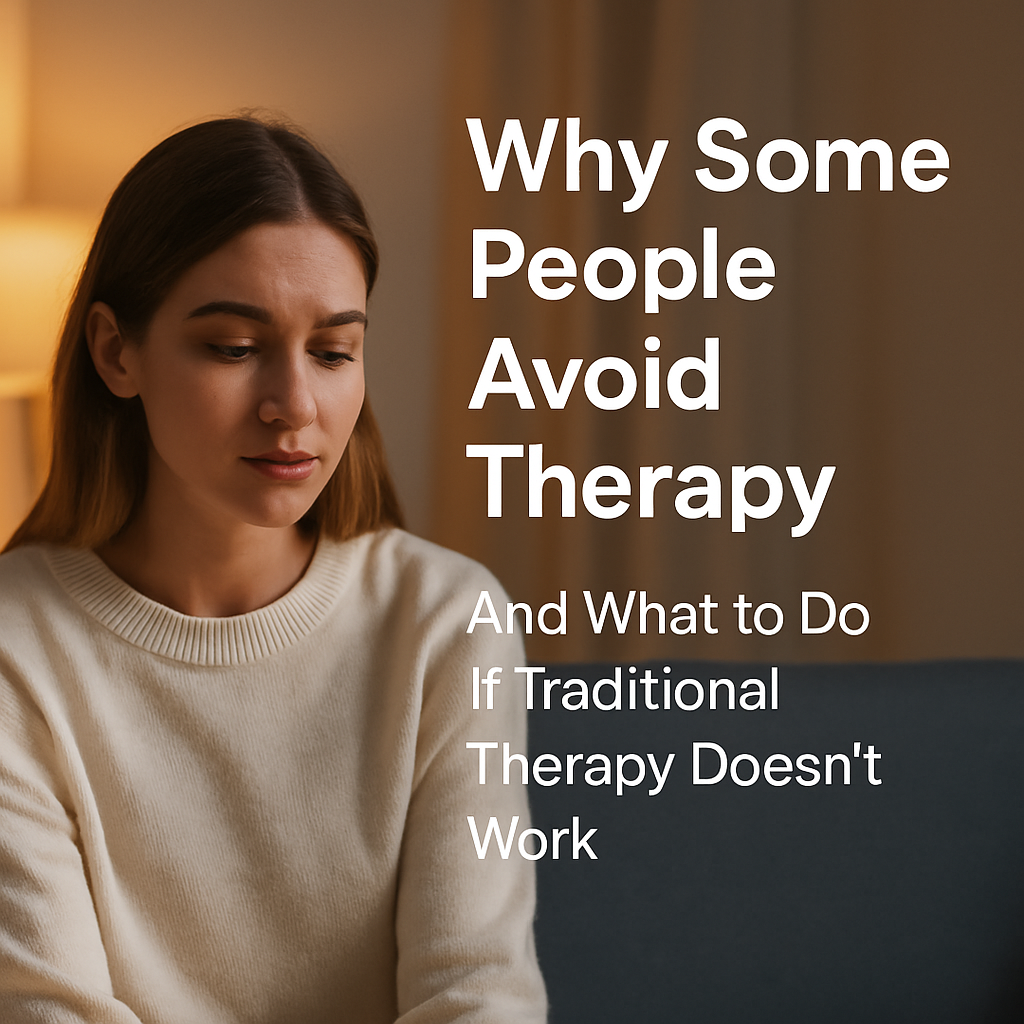
Many people avoid therapy due to fear, stigma, or past negative experiences. Common reasons include cost, cultural beliefs, trust issues, or not feeling "bad enough" to justify it.
When traditional therapy doesn’t work, it often means the approach, therapist, or timing isn’t right—not that therapy is useless.
Some people:
It’s okay if therapy doesn’t work the first time. There are other paths to emotional wellness—like peer support, self-guided tools, or apps like Pocket Mate.
People may dislike therapy if:
Therapy isn’t a one-size-fits-all solution. What works for one person might not work for another—and that’s normal.
Some people oppose therapy because of:
These beliefs are often shaped by family dynamics, cultural messaging, or previous trauma.
Therapy avoidance is the act of resisting or delaying seeking mental health treatment, often due to fear, stigma, mistrust, or emotional overwhelm.
It doesn’t mean someone lacks self-awareness—it usually means they haven’t felt safe enough to start.
If therapy feels like too much right now, try:
Healing isn’t linear. You’re allowed to explore other options until you're ready—or build a support system that works for you.
Therapy is powerful—but it’s not always the first or only step.
If you’ve avoided it, disliked it, or it hasn’t worked for you in the past, that doesn’t mean you’re beyond help.
It just means you need a path that fits your story.
The key isn’t following someone else’s recovery plan.
It’s building your own.